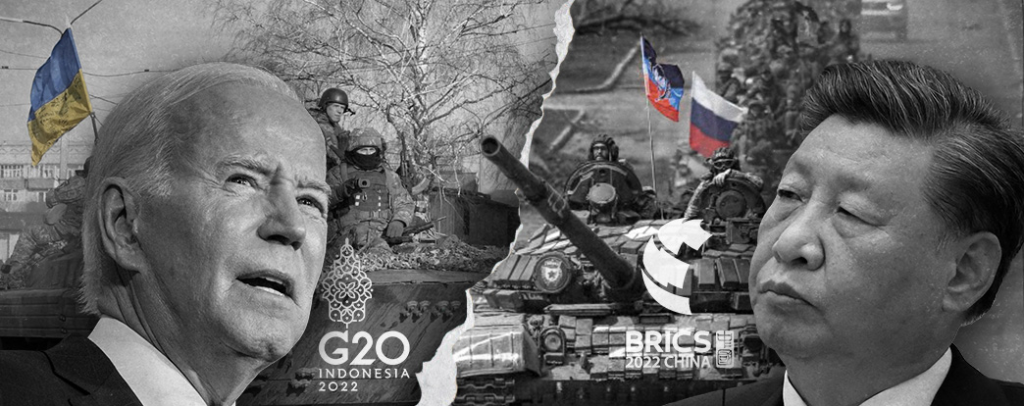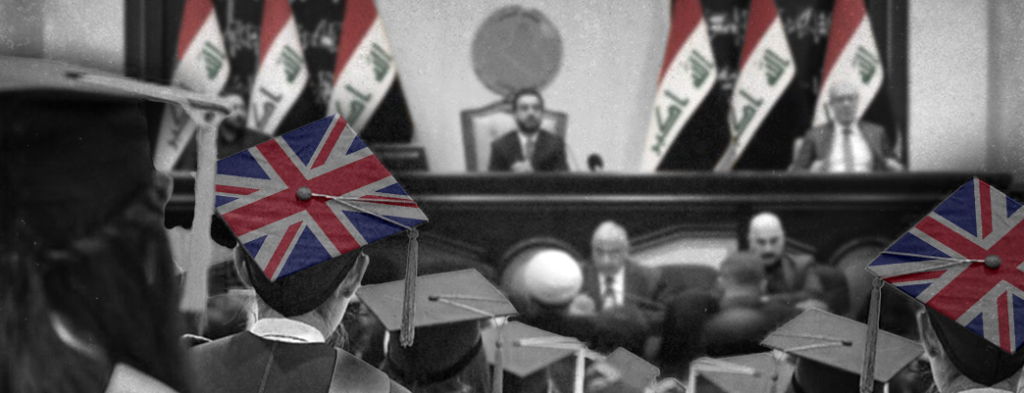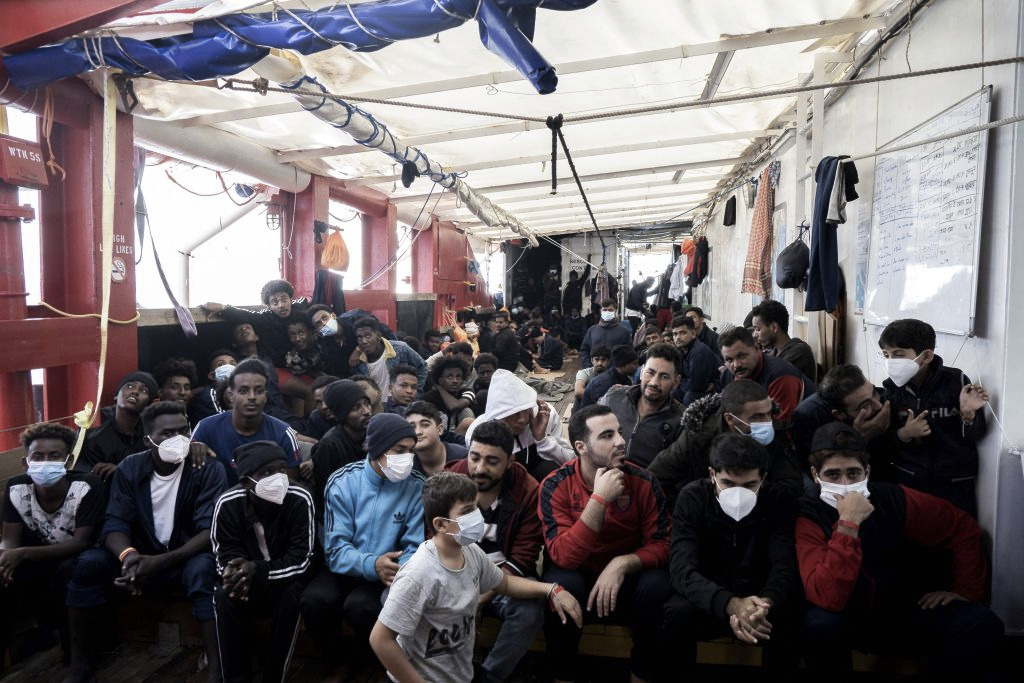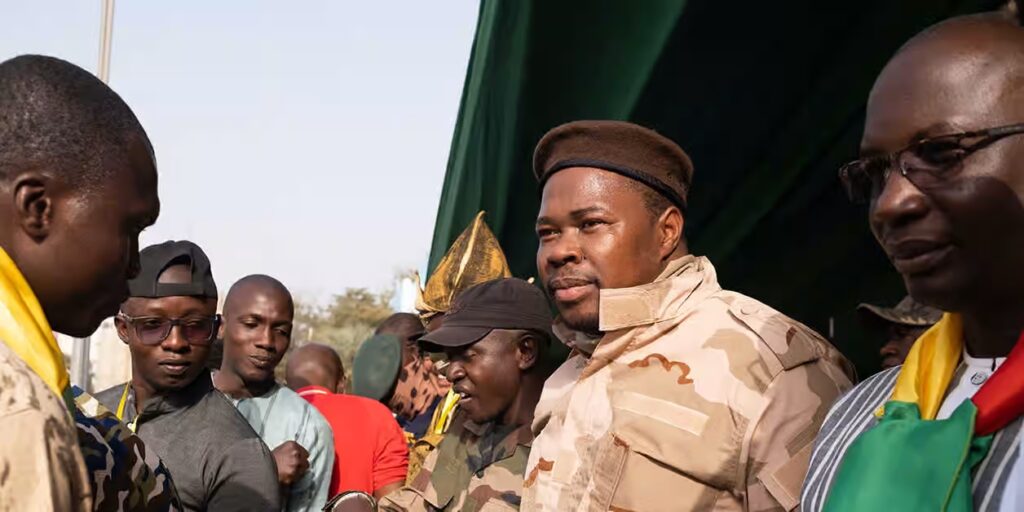Pakistan’s delicate balancing act between China and the US

Pakistan is struggling to strike a balance in its relations with the US and China, as rivalry and competition between the two superpowers are set to spark geopolitical turmoil in South Asia. The growing tension in the region has made Islamabad noticeably ambivalent about its foreign policy postures.









